The number of demented patients in Japan is increasing and estimated to have reached 4.6 million already. The Ministry of Health, Labor and Welfare is planning to establish 230 medical centers for dementia all over Japan. In 2010, we established the Center for Comprehensive Care and Research on Memory Disorders in the National Center for Geriatrics and Gerontology (NCGG), as an ideal model of medical center for dementia. This memory center started the outpatient department in September 2010, and the hospital admission in April 2011. Aichi prefecture has designated the center as the first medical center for dementia in the prefecture.
Geriatricians, neurologists, psychiatrists, radiologists and neurosurgeons are cooperatively working together in our memory center. This memory center offers a series of services for the demented, from the latent stage to the terminal-care by providing precise diagnosis with the most advanced clinical instruments, implementing “interdisciplinary and comprehensive medical care” through cooperation of healthcare professionals and families of patients, thereby developing medico-social network.
This memory center also creates prospective and longitudinal database on demented patients, and offers information based on the clinical and translational researches in cooperation with the Research Institute and the Center for Development of Advanced Medicine for Dementia, NCGG.
The concept of our Memory center at NCGG is to fulfill the wishes of patients and their families regarding dementia so that they can live peacefully at home for as long as possible.
To achieve the mission, we
Staff: Doctors (24), Nurses (8), Psychologists (10), Psychiatric social worker (1) and Clerk (2).



Comprehensive rehabilitation program aiming to improve daily life and to prevent progression of dementia.
Three rehabilitation programs stratified by their conditions provided by the trained rehabilitation staffs.
including comprehensive geriatric assessment, neuropsychiatric battery, frailty measurement, & advanced neuroimaging
Clinical and translational researches are intensively conducted for dementia prevention and care, such as development of blood biomarker for early dementia detection, preventive activities for dementia, robotics to help carers, and establishment of a new socio-medical network (Orange town).

At NCGG rehabilitation department, we offer family participatory group rehabilitation program (Holistic Physio-Cognitive Rehabilitation:hPCR) for dementia patients and their families. We cooperate with the primary physician and nurses at Memory clinic to design a program that fits different individual needs for the patient and family, in order to continue with their living at ease. Also, we provide correct knowledge and tips which are necessary to maintain ability of daily living.
Patients who visited NCGG Memory Clinic and was referred to rehabilitation department by the primary physician.
![]()

Cognitive function such as communication, attention, and memory are activated through craft making or cognitive stimulation. Physical and cognitive functions are activated by dual task arranged with “Cognicise”.
Foster a sense of season through seasonal events.
Patients and their families learn about how to perceive and respond to dementia symptoms through role plays. Families share their problems and concerns, and try to come up with solutions together.

Participants will work on homework to review the tasks and tips learned in the rehabilitation program. The program also aims to help them maintain their daily life at home.

Guide QR Code
If you are interested in participating in the rehabilitation program, please consult with your primary physician at Memory Clinic.
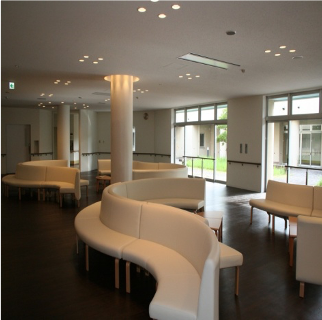
Lobby

Medico-social Network Office
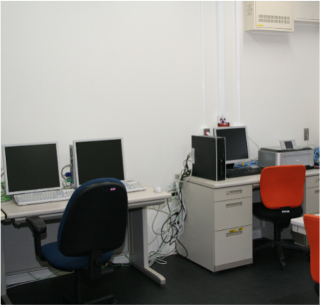
IT Room
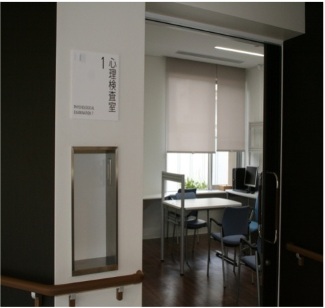
Neuropsychological Examination Room
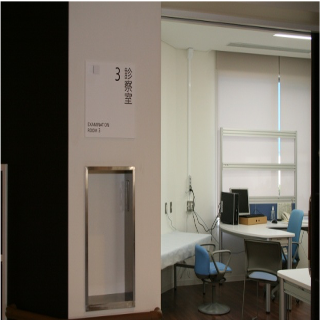
Examination Room

Treatment Room
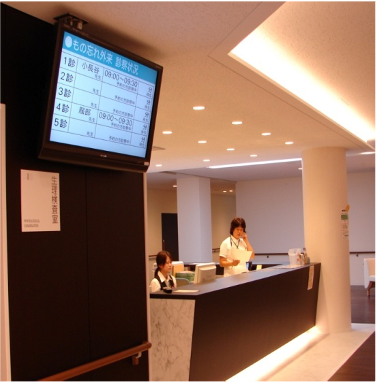
Reception Desk

Conference Room
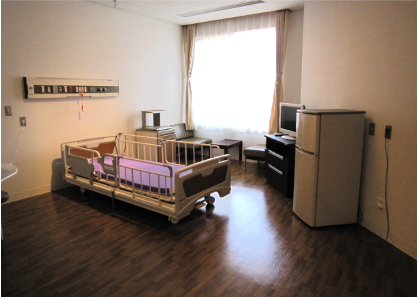
Patient Room (Private)
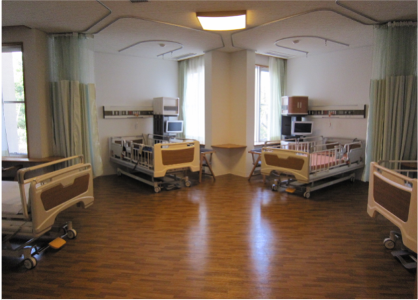
Patient Room (4 beds)
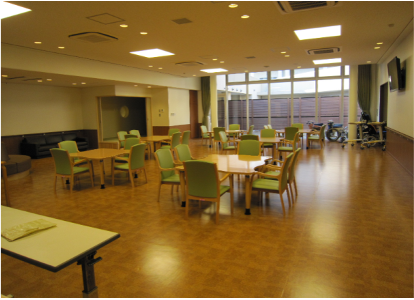
Cafeteria and Lounge
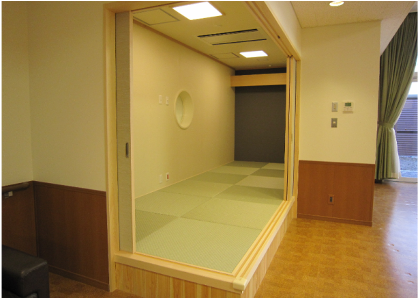
Tatami Room
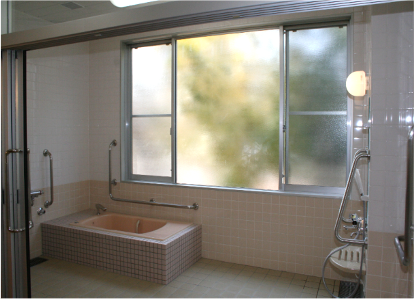
Bathroom

Staff Station
